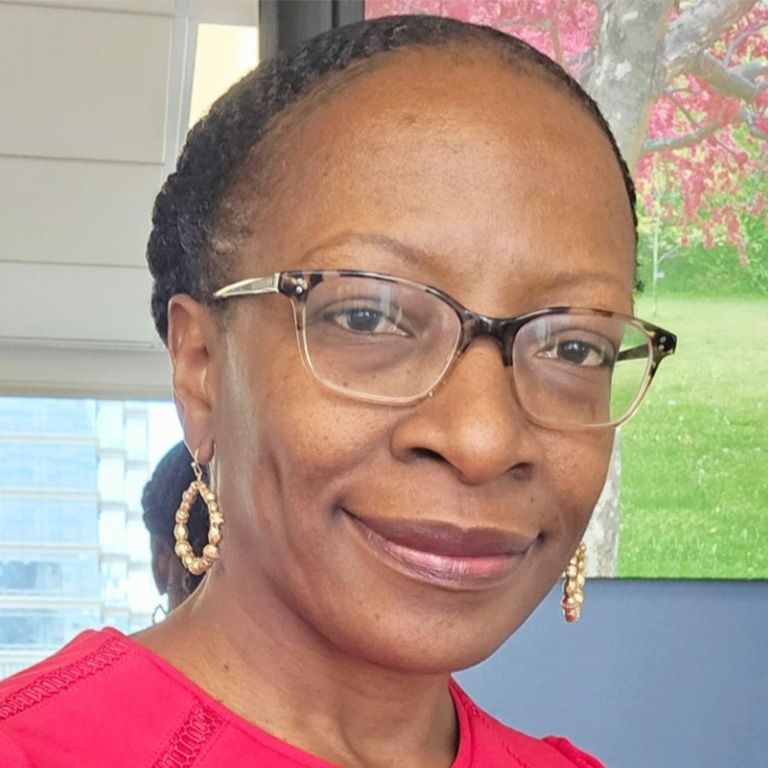Profile
Dillonna holds a Master's of Arts (MA) & a Master’s of Education (EdM) in Counseling Psychology from Teachers College, Columbia University. She is the recipient of the Brawley Award, which funded a research project at the University of the West Indies in Barbados to document the impact of racism, sexism, and poverty on women in Caribbean society. For 28 years at Hunter College, Dillonna serves as Co-Executive Director of Welfare Rights Initiative (WRI). WRI is a student advocacy and leadership training organization that supports low-income and welfare eligible students to access higher education as one of the surest routes out of poverty. She supervises and trains staff, interns and undergraduate students to operate and evaluate WRI's programs. She shares responsibility for WRI’s overall governance, funding, programming development, and leadership training. In 1997, she spearheaded the creation of WRI’s joint collaborative partnership, the Economic Justice Project (EJP), with CUNY School of Law. The program trains second-year law students to represent undergraduate CUNY students at NYC’s Administrative Fair Hearings and provide self-empowerment resources for students to advocate for their right to pursue higher education. Dillonna has served on the Board of Directors at Project Fair and as a member of the New York Women's Foundation Grants Advisory/Allocations Committee. In 2015, she served as a steering committee member to launch New York City’s pioneering Young Women’s Initiative (YWI). YWI was conceived as a collaboration between the New York Women’s Foundation and New York City Council to prioritize funding & intersectional supports for programs that serve girls and young women of color. In the Women and Gender Studies Department, Dillonna teaches the fall Community Leadership seminar (WGSP 398) and the spring Community Leadership fieldwork (WGSP 490). The 2-semester Community Leadership curriculum is designed to promote interactive learning among students with firsthand experience of poverty, scholars, advocates, organizers, service providers, and activists in welfare and education policy discussions. The program engages students to critically explore social welfare policies and develops their capacity as leaders, organizers, and trainers of others who seek to influence the decision-making processes that impact their lives. In its 29th year, the Community Leadership program has trained over 700 students to serve as leaders in welfare and education public policy discourse and as agents of socio-economic changes in their communities.


